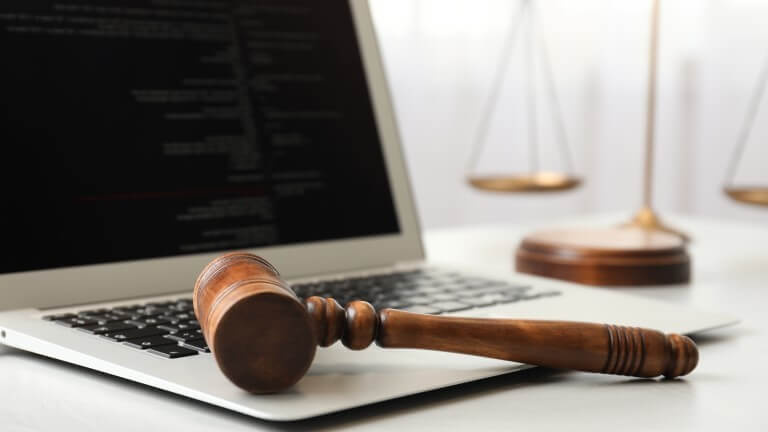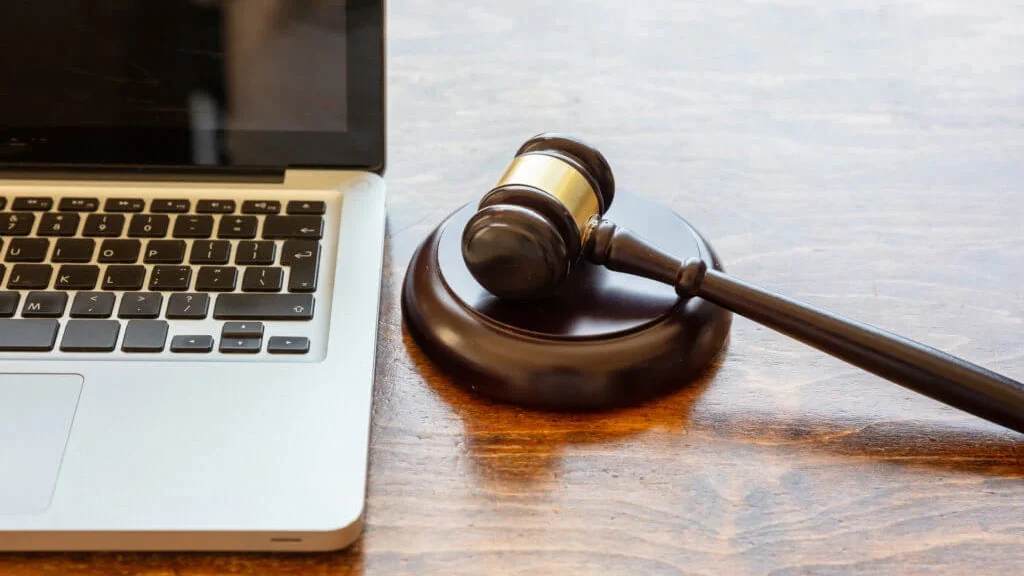
Upholding Integrity: Supreme Court Validates Insolvency and Bankruptcy Code Amendments
Last Updated on November 9, 2023 by News Desk
In a groundbreaking verdict on November 9, the Supreme Court affirmed the constitutionality of the amendments introduced in 2019 to the Insolvency and Bankruptcy Code (IBC) concerning Personal Guarantors’ Insolvency Resolution. The court’s decision asserted that Sections 95 to 100 of the IBC, focusing on Personal Guarantors’ Insolvency Resolution, are not unconstitutional for lacking a pre-admission hearing for personal guarantors. The automatic application of a moratorium upon the filing of an insolvency petition was also deemed constitutionally sound.
Chief Justice of India DY Chandrachud led the bench, stating that the IBC did not exhibit manifest arbitrariness violating Article 14 of the Constitution. The bench rejected the notion of incorporating a pre-admission hearing, emphasizing the court’s limitation in rewriting legislative language.
Additionally, the bench, including Justices JB Pardiwala and Manoj Misra, underscored the importance of preserving the legislative intent and cautioned against altering the adjudicatory role outlined in the provisions. It emphasized that the Resolution Professional’s role is recommendatory, not binding, and that the adjudicating function commences at Section 100 after the submission of the report.
The verdict highlighted the intelligible differentia between insolvency procedures for corporates and individuals, emphasizing that Sections 99 and 100 would become redundant if petitioners’ contentions were accepted.
Key takeaways from the judgment included affirmations that natural justice principles could vary, the statute contained sufficient safeguards, and the resolution professional’s role was not adjudicatory but facilitative.
In conclusion, the Supreme Court’s verdict solidifies the IBC amendments, ensuring a streamlined process for Personal Guarantors’ Insolvency Resolution while balancing the principles of justice and transparency.
Written by — Athi Venkatesh




